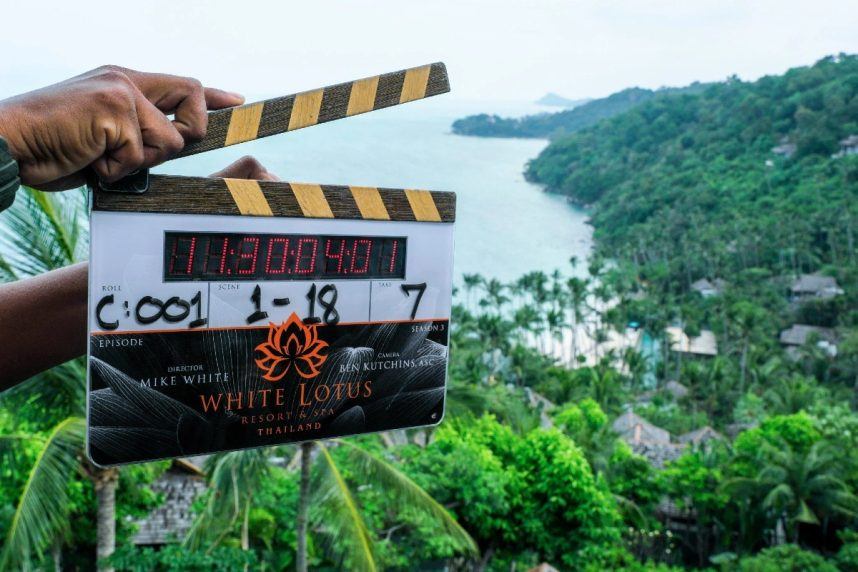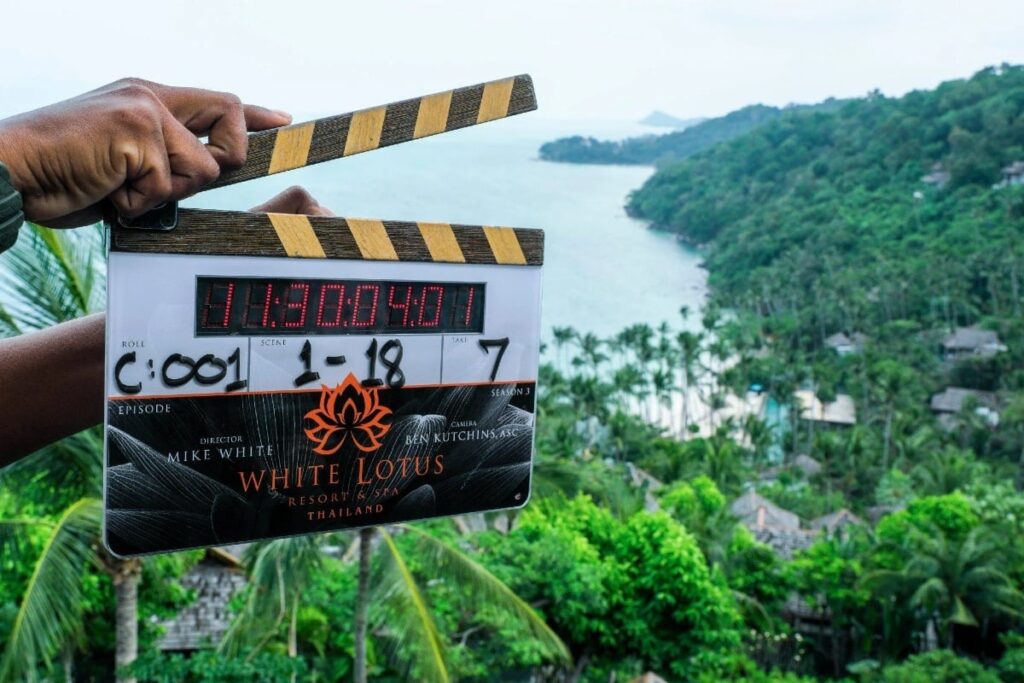Posted on: January 10, 2025, 11:33h.
Last updated on: January 10, 2025, 11:49h.
Season three of HBO’s “The White Lotus” debuts next month, and with the critically acclaimed comedy-drama series set in Thailand for its tertiary anthology, a major casino operator in Asia thinks the program will only heighten interest in tourism to the kingdom.

The Royal Thai Government is in the final lawmaking stages of authorizing casino gambling. The unitary body of the Kingdom of Thailand is expected to legalize five casino entertainment complexes, or integrated resorts (IRs) as they’re commonly called throughout Asia.
Gaming analysts believe a mature casino industry in Thailand could generate annual gross gaming revenue north of $9 billion. The odds favor two IRs in the capital city of Bangkok, with additional casino resorts in Pattaya, Phuket, and Chiang Mai.
Melco Resorts, one of the six casino licensees in China’s Macau, the world’s richest gaming market, has already expressed interest in venturing into Thailand. The City of Dreams operator, which, along with Macau has IR properties in the Philippines and Cyprus, established an office in Thailand to begin the new year.
Thailand Appeal
Lawrence Ho, the billionaire founder, chairman, and CEO of Melco Resorts, remains bullish on the gaming industry throughout Southeast Asia. Speaking this week at a conference hosted by the Thailand Creative Culture Agency, the son of the late Stanley Ho, the “King of Gambling,” said he thinks HBO’s “The White Lotus” will bring Thailand to the forefront of the global leisure travel industry.
Like how Deadwood’s tourism surged when HBO’s “Deadwood” series focused on the South Dakota gold rush mining town ran from 2004 through 2006, Ho thinks “The White Lotus” will have a similar impact on Thailand. The third installment of “The White Lotus” is set in Thailand and was primarily filmed at the Four Seasons Resort Koh Samui in Surat Thani.
The Melco boss said his firm is waiting for the final regulations before determining the scope of its bid for one of Thailand’s gaming concessions.
Thailand’s exceptional hospitality and rich culture make it a premier destination,” Ho added.
Thailand previously tried to authorize casinos but faced opposition from conservatives in the Buddhist majority. Attitudes in the National Assembly recently changed, however, after a public poll found that about eight in 10 supported diversifying the country’s leisure and tourism offerings to include casino resorts.
Legal gaming in Thailand is currently limited to a state-run lottery and parimutuel horse racing, though underground gambling is rampant.
Japan Miss
Melco Resorts has for many years been seeking to invest in new gaming markets. The Studio City firm was greatly focused on Japan when that country authorized up to three IRs in 2018.
While major gaming companies like MGM Resorts and Las Vegas Sands touted investments ranging up to $10 billion in Japan should they secure a concession, Ho took it a step further in saying there would be no cap.
I prefer not to constrain our dreams, ambitions, passion, and commitment … with price tags,” Ho declared.
Melco, like Sands and several other casino operators, ultimately folded on Japan after the country took many years to finalize how casinos would operate and be governed. The COVID-19 pandemic also restrained Melco’s dreams in Japan. MGM is the only company moving forward in Japan. MGM Japan is set to begin construction in April on the $8 billion undertaking.



